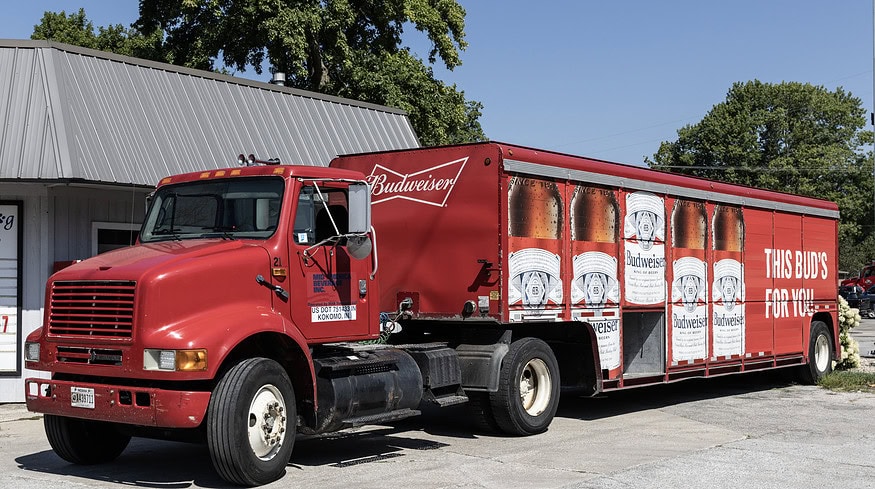Budweiser partners with Jiangsu Nongken to localize beer barley and hop production

Budweiser’s Chinese subsidiary has taken a major step to localize ingredient production in the world’s top beer market by sales, signing an agreement with Jiangsu Nongken Group to expand indoor hop cultivation in China. This move aligns with Budweiser China’s commitment to enhancing agricultural innovation and supporting the sustainability of its local supply chain.
The partnership was formalized during Budweiser China’s fourth annual Growers Day on October 31 in Sheyang County, Jiangsu Province. The event, themed Seed With Tech, Brew for Future, showcased Budweiser’s approach to technological advancements in barley and hop cultivation—two essential crops for brewing.
Under the agreement, Budweiser Brewing Company China and Jiangsu Nongken’s subsidiary, JSFEC Malting, will collaborate to improve the quality, yield, and efficiency of domestically grown hops. The companies recently launched a 2,200-square-meter indoor hop cultivation facility in Lianyungang, Jiangsu, which incorporates precision agricultural technologies, including air-source heat pumps and integrated irrigation systems.
The project aims to ensure a reliable, high-quality supply of hops for brewing, while also offering economic benefits to local farmers through yield improvements. This expansion follows Budweiser’s successful indoor cultivation pilot in Shanghai, which began in 2021, setting a precedent for controlled-environment agriculture (CEA) in hop production—uncommon for a crop typically restricted to specific growing regions globally.
Since 2016, Budweiser China has also worked closely with Jiangsu State Farms to improve barley production by cross-breeding local strains to boost resilience and yield. This partnership has raised average barley yields in Jiangsu from 500 to 550 kilograms per mu (667 square meters), a significant productivity gain that benefits both farmers and the broader agribusiness ecosystem. Over the past five years, Budweiser China has sourced nearly 180,000 tons of barley from Jiangsu Nongken, underscoring its commitment to strengthening regional agricultural networks.
The expanded collaboration also focuses on environmentally sustainable practices, an increasingly important factor in agribusiness. Budweiser China is working with Kangfen Ecolution to replace chemical fertilizers with biodegradable alternatives, aimed at reducing the carbon footprint associated with barley cultivation. By maintaining crop yields with eco-friendly fertilizers, Budweiser China aims to achieve lower emissions and lessen its environmental impact—a strategy it is extending to all suppliers through shared best practices and technological innovations.
Budweiser’s integrated approach with suppliers underscores its long-term strategy to reinforce a resilient, sustainable supply chain that can support both business goals and environmental targets, setting a model for the agribusiness sector on combining productivity with sustainable practices.
Enjoyed this story?
Every Monday, our subscribers get their hands on a digest of the most trending agriculture news. You can join them too!
















Discussion0 comments